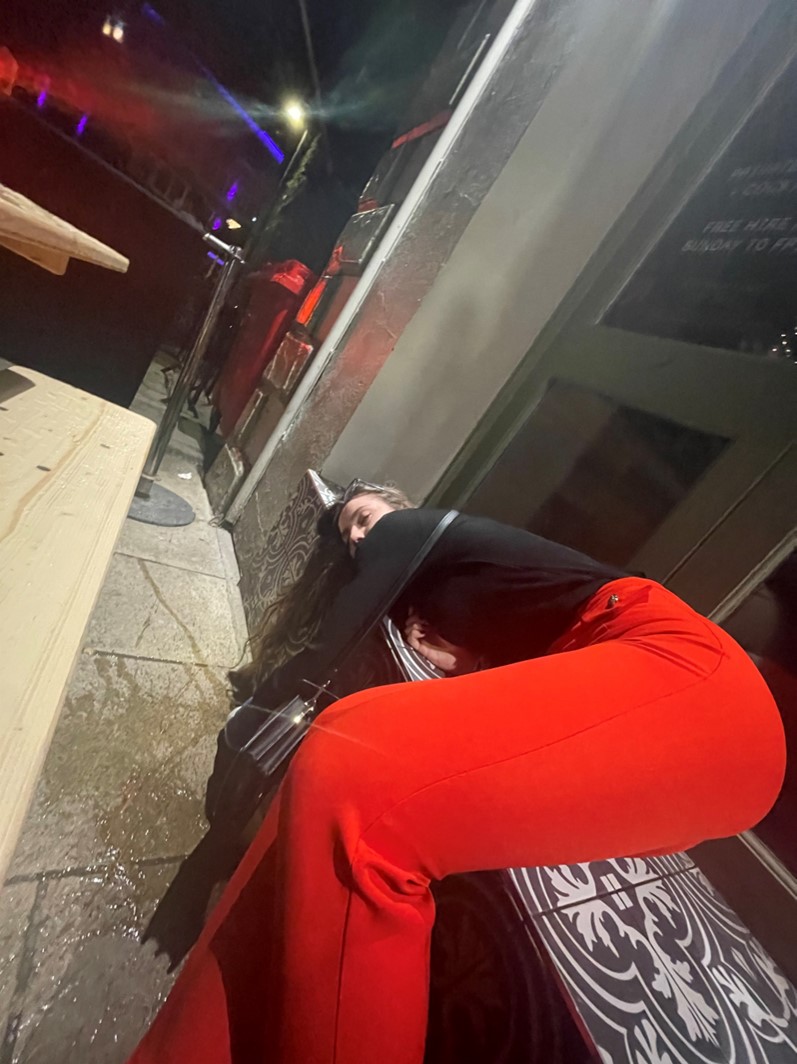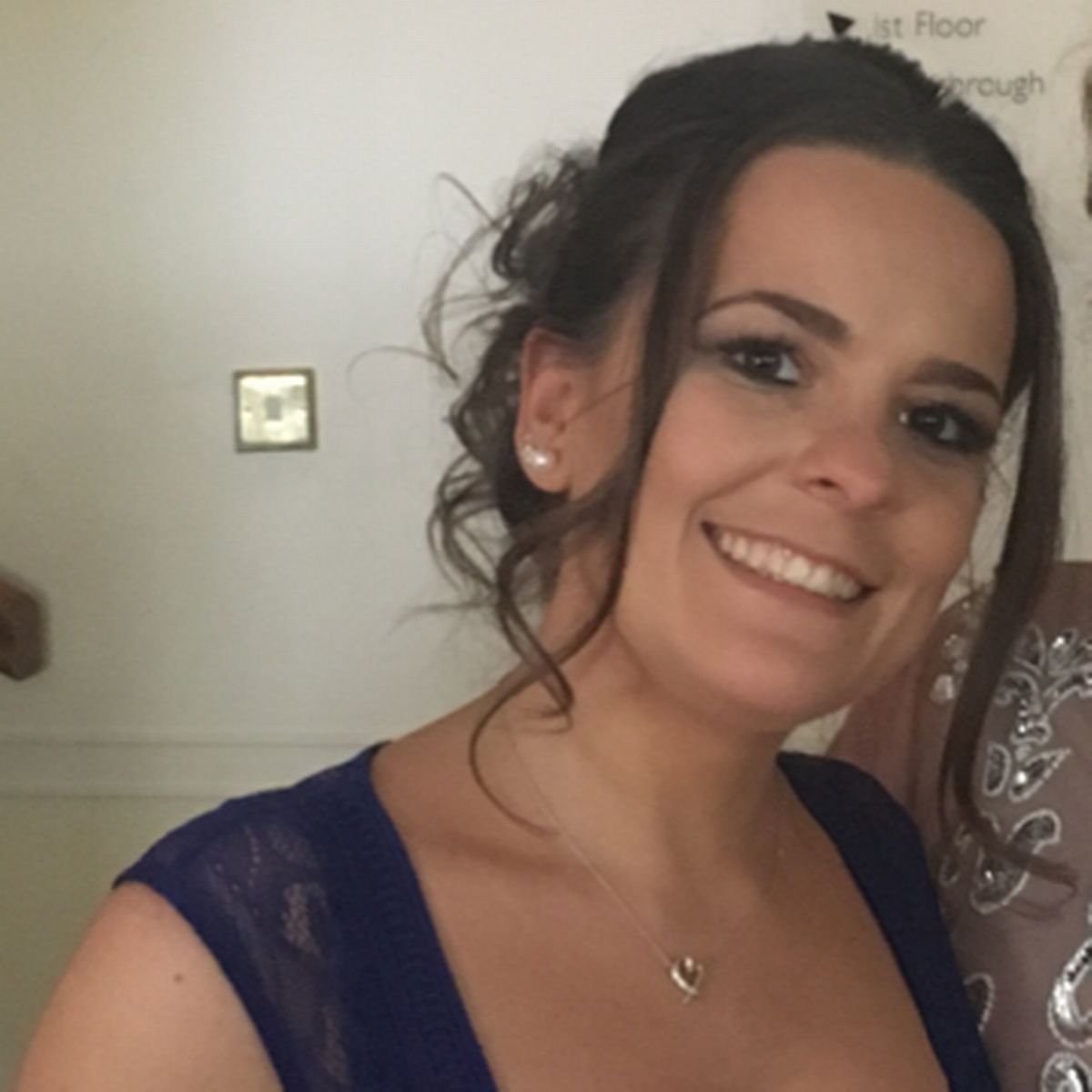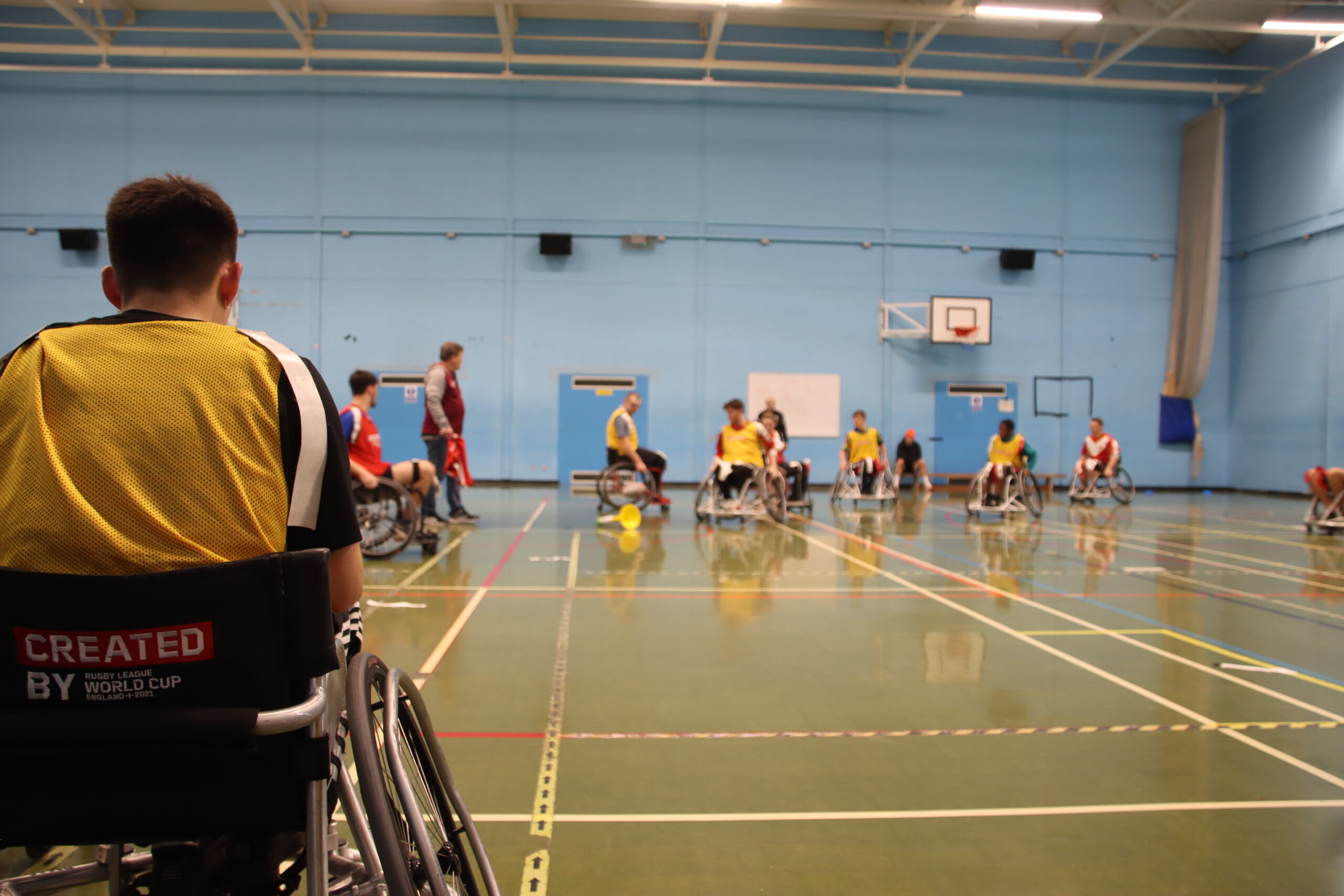Campaigners are calling on spiking to be made a stand-alone offence and change what they say is currently a victim-blaming system.
Community-led group The Egalitarian campaigns on spiking and offers training to venues to help them tackle the crime. The group also provides a space for people to report their spiking incidents online as 97.64% of victims do not report to police, say Stamp Out Spiking.
Leesh Daniells, 22, Campaigns and Outreach lead, said: “We’ll keep campaigning, and the day that it is made a stand-alone offence, our work will continue to hold people accountable for that.
“It’s so unempowering to report to the police in the way that our criminal justice system works at the moment.”
The group was invited to parliament in March by MP Judith Cummins, who is an advocate for taking action against spiking. They discussed making spiking a stand-alone offence and what this law would look like.
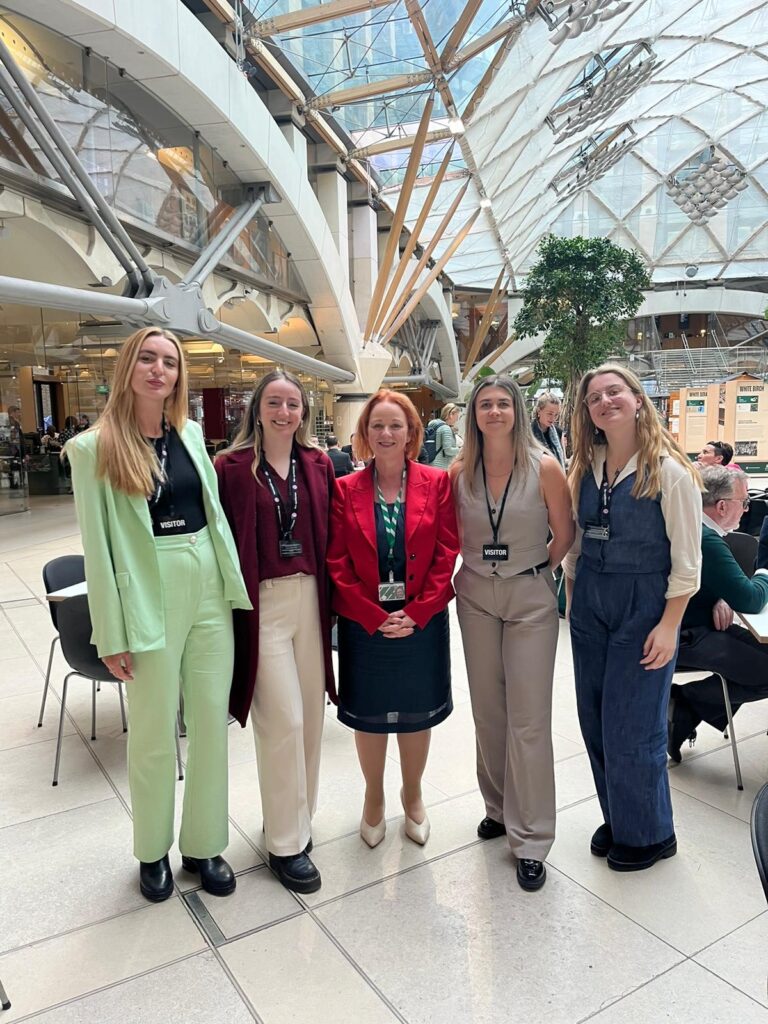
Miss Daniells said: “We’ve created the Safe Place Project where we certify places on how to be victim-led. We want to move the narrative from blaming victims to blaming perpetrators.
“We’d like to see training for venues being made mandatory in terms of their licencing. We recently trained Wakefield to become the first Safe Place City, so that means every venue you go to will have the same response in dealing with spiking.”
According to Government statistics, the average age for being spiked in the UK is 26 and for every one in six cases of spiking, the perpetrator’s motivation is to make it easier to commit another crime against them. This is usually sexual assault, rape, physical violence or theft.
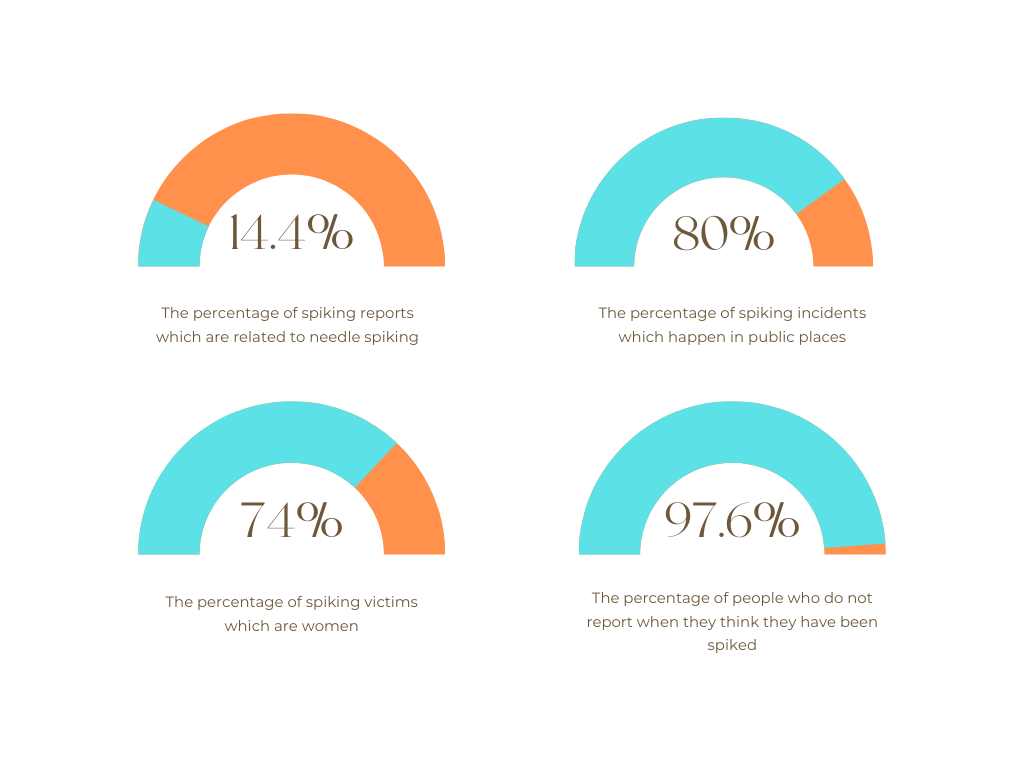
Chloe Butler, 24, has been supported by The Egalitarian since she was spiked in Leeds while on a night out with her friend.
She said: “My friend told me that we went outside, and I threw up and laid down and she thought it was funny at first but then really quickly she realised that I wasn’t just drunk. I wasn’t moving, I wasn’t responding, and I wouldn’t wake up.”
Miss Butler and her friend were taken home by the police, she remembers nothing between 1am and 4.30am when she awoke to find to paramedics in the flat.
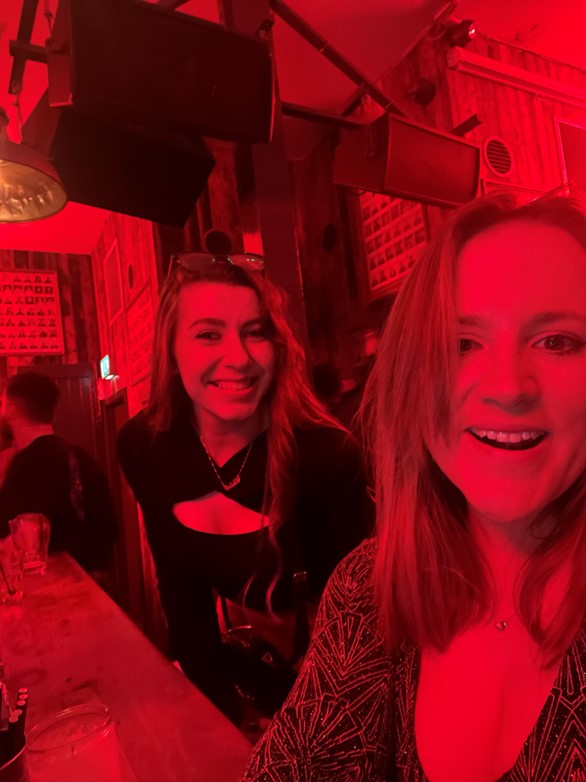
She said: “The paramedics said they don’t see this very often and they thought there was something else at play. My sick was bright yellow and frothy which is a reaction which you can get from drugs used for spiking.”
Miss Butler said the police did not believe she had been spiked: “The immediate dismissal that I’d had too much to drink or that I’d taken something, was really disappointing, especially when we were in a location that is a known hotspot for spiking.
“It should have been taken more seriously. I was in such a dangerous situation. It was two female police officers, which was really disappointing.”
Assistant Chief Constable Samantha Millar, National Police Chiefs’ Council Violence Against Women and Girls Strategic Programme Director, said: “Forces work closely with bars, pubs and clubs to tackle spiking, and during the first national spiking police week of action in March, forces collectively visited over 1,900 licensed venues to ensure that staff understood how to support victims.
“I would encourage anyone who is a victim of spiking to report it to the police, you will be listened to, and you will be taken seriously.”

